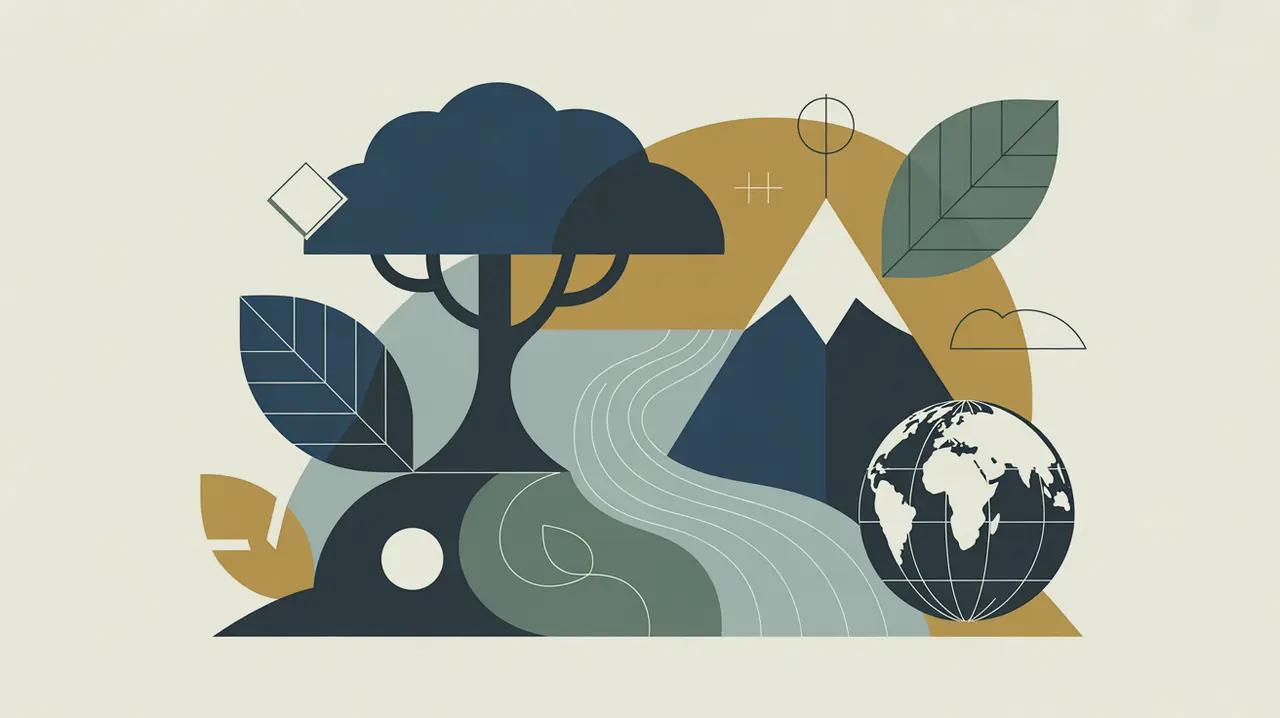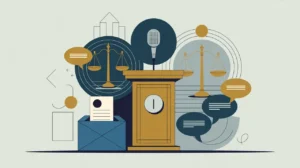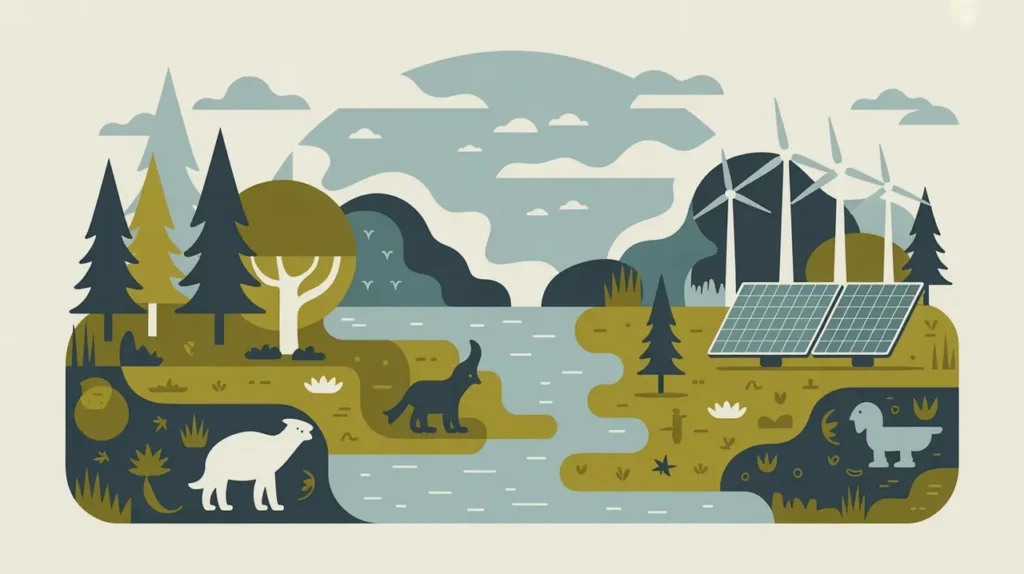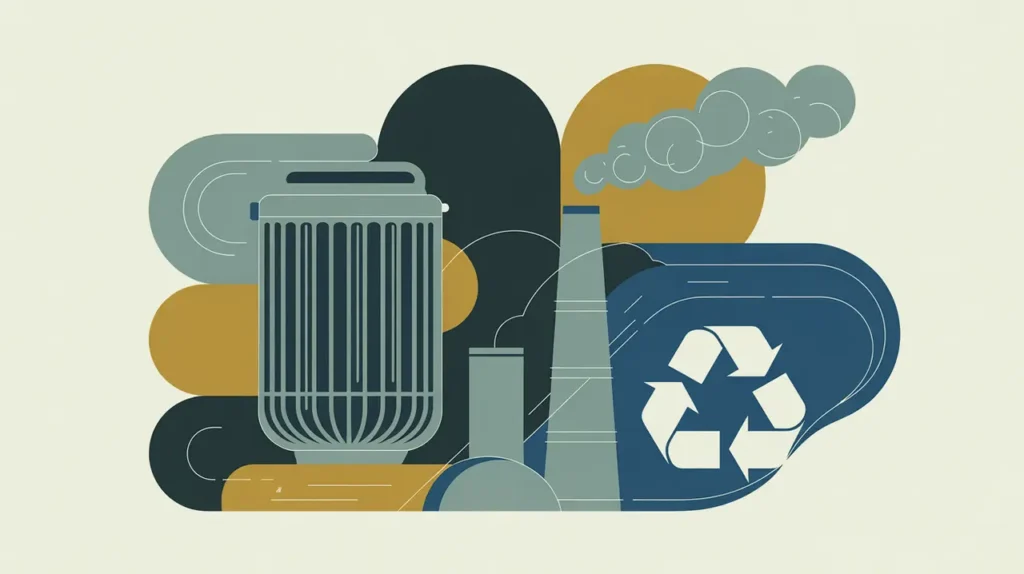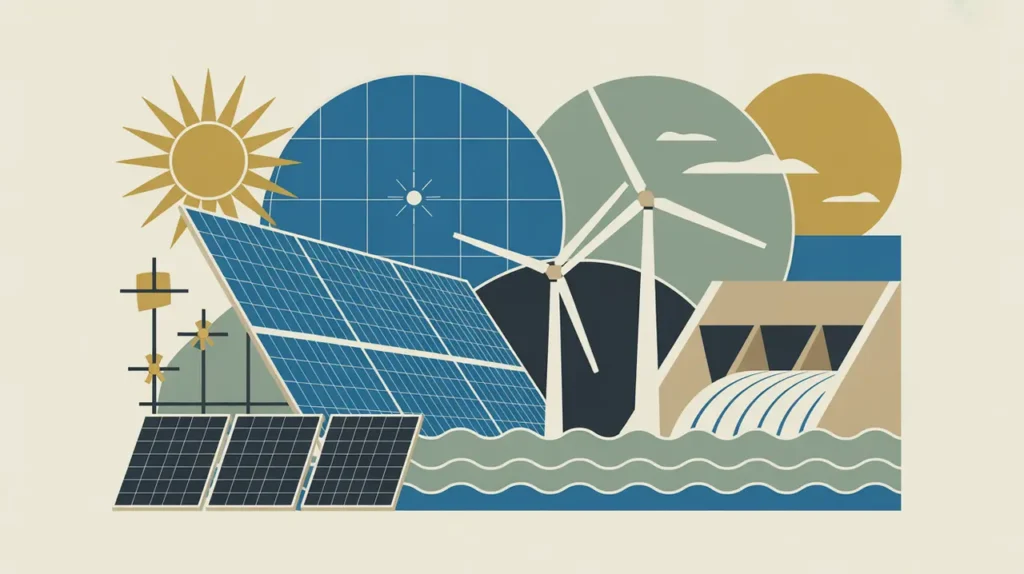Importance of Environmental Conservation
Environmental conservation is critical for sustaining the ecosystems that support human life and development. It ensures the availability of clean air, water, fertile soils, and biodiversity, which are essential for livelihoods and resilience. In international development, conservation protects natural resources from overuse and degradation, while enabling communities to adapt to climate change and reduce disaster risks. For nonprofits and social innovators, environmental conservation provides both a moral responsibility and a practical necessity for building sustainable futures.
Definition and Features
Environmental conservation refers to the responsible management and protection of natural resources and ecosystems to maintain their health and viability for present and future generations. Its defining features include:
- Resource Management: sustainable use of land, forests, water, and oceans.
- Ecosystem Protection: safeguarding habitats and biodiversity.
- Pollution Control: reducing waste and emissions that harm ecosystems.
- Community Engagement: involving local actors in stewardship and decision-making.
How this Works in Practice
In practice, environmental conservation takes the form of protected areas, reforestation programs, marine sanctuaries, and sustainable resource management systems. For example, community forestry initiatives allow local groups to manage and benefit from forests while preserving biodiversity. Governments and NGOs collaborate on conservation policies, while international agreements such as the Convention on Biological Diversity set global standards. Barriers include competing land uses, insufficient funding, and tensions between conservation goals and community livelihoods.
Implications for Social Innovation
Environmental conservation connects ecological sustainability with human development. Proximate actors bring valuable knowledge and practices that ensure conservation strategies are locally relevant and equitable. Innovations such as payment for ecosystem services, community-based monitoring, and green enterprise models help align conservation with livelihood opportunities. Environmental conservation is essential for maintaining the natural systems that human development depends on.
